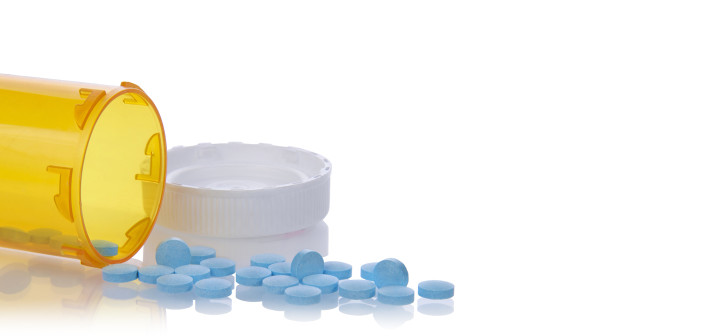Armed with the muscle of three local law firms – Weitz & Luxenberg PC, the Sam Bernstein Law Firm PLLC, and Behm & Behm Law Firm – Genesee County followed suit with numerous cities and counties taking legal action against pharmaceutical companies accused of misleading the public into a cycle of opioid addiction.
In 2014, Chicago became the first city to take legal action, followed by a dozen others including Seattle, Indianapolis and Cincinnati. And the numbers continue to climb as cities across the U.S. struggle with the opioid crisis.
A statement released by the Genesee County Board of Commissioners asserts, “opiate/opioid abuse, addiction, morbidity and mortality has created a serious public health and safety crisis in Genesee County, Michigan and is a public nuisance.” They further state their decision to take action, “against the manufacturers and wholesale distributors of controlled substances who have dispensed or otherwise caused opioids to be diverted into Genesee County in violation of State and Federal Law.” According to the statement, there are currently 194 pills for every single person and 1.5 prescriptions for every man, woman and child in the County.
According to the Genesee County Board of Commissioners, Genesee County has the 18th highest death rate in the state, and opioid-caused deaths have steadily increased every year since 2013. Commissioner for District 2, Brenda Clack states, “There is no excuse for these companies to be dumping large amounts of opioids in our communities. They need to be held accountable for the costs that we have incurred and the damage they have caused.”
Michigan Department of Health & Human Services (MDHHS) reports, “prescription drug overdose deaths are on the rise across the state,” with the total number increasing more than 17 times from 1999 to 2016 – from 99 to 1,689 fatalities. The MDHHS website explains that two types of prescription drugs are the leading cause of misuse: painkillers (opioids) and tranquilizers (benzodiazepines). Opioids include illegal drugs, such as heroin, and medications prescribed for pain.
It is prescription pain medication, specifically, that has these states and counties fighting back against the negative impact on members of their communities. The Michigan Automated Prescription System (MAPS) reported 11.4 million prescriptions for painkillers written in 2015 – about 115 opioid prescriptions per 100 people.
Were the big pharmaceutical companies being dishonest about the effects of opioids, encouraging overprescribing, pouring the pills into our community, knowing that people would get hooked? Were they breaking state and federal laws? That is what Genesee County hopes to determine.
What are Opioids?
Opioids include illicit drugs such as heroin and prescription medications used to treat pain such as morphine, codeine, methadone, oxycodone, hydrocodone, fentanyl, hydromorphone and buprenorphine.
How do they work?
Opioids work by binding to specific receptors in the brain, spinal cord, and gastrointestinal tract. In doing so, they minimize the body’s perception of pain. However, stimulating the opioid receptors or “reward centers” in the brain can also trigger other systems of the body, such as those responsible for regulating mood, breathing and blood pressure.
A variety of effects can occur after a person takes opioids, ranging from pleasure to nausea and vomiting, from severe allergic reactions to overdose, in which breathing and heartbeat slow or even stop.
How does overdose occur?
Opioid overdose can occur when a patient misunderstands the directions for use, accidentally takes an extra dose, or deliberately misuses a prescription opioid or an illicit drug such as heroin.
Also at risk is the person who takes opioid medications prescribed for someone else, or combines opioids with alcohol or other medications.
What can we do to prevent overdose deaths?
The federal Substance Abuse and Mental Health Services Administration (SAMHSA) provides strategies for communities to prevent prescription drug misuse and deaths.
- Take medicine only if it has been prescribed to you by your doctor.
- Do not take more medicine or take it more often than instructed.
- Call a doctor if your pain gets worse.
- Never mix pain medicines with alcohol, sleeping pills, or any illicit substance.
- Store your medicine in a safe place where children or pets cannot reach it.
- Learn the signs of overdose and how to use naloxone to keep it from becoming fatal.
- Teach your family and friends how to respond to an overdose.
- Dispose of unused medication properly.
Information from samhsa.gov
If you suspect someone of an overdose, call 911 immediately.














